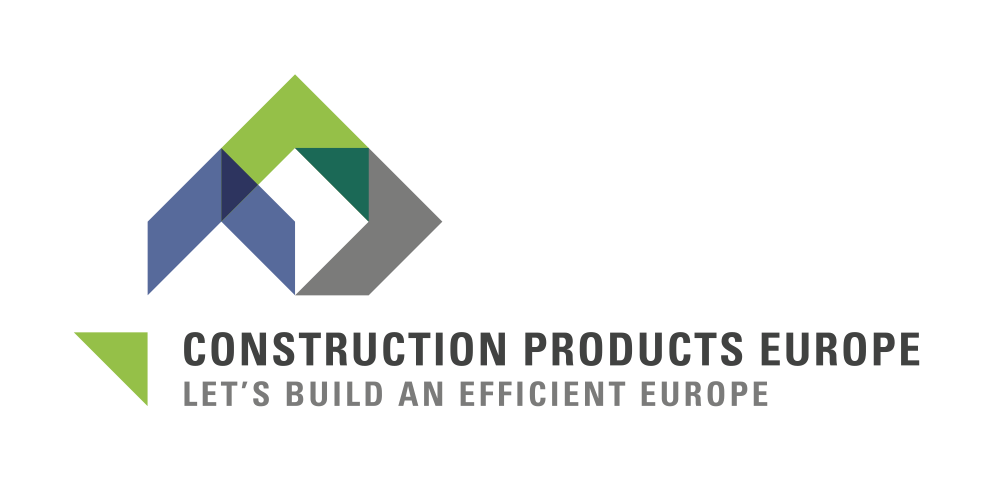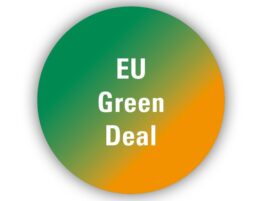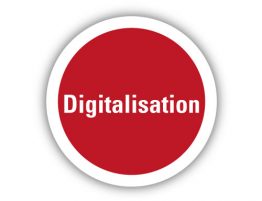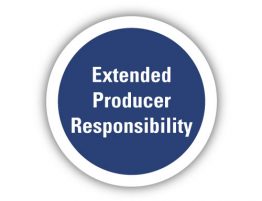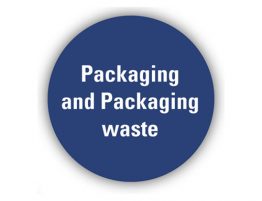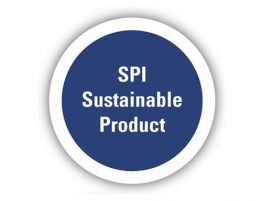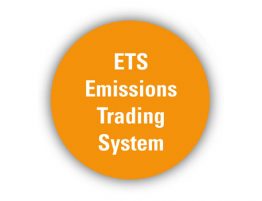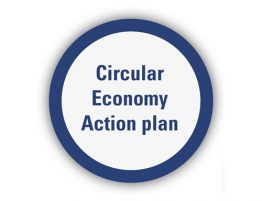A Renovation Wave for Europe – greening our buildings, creating jobs, improving lives COM (2020) 662 final
This initiative is not a legislative proposal. However, it gives clear indications of the willingness of the EC to move on issues like climate change and reducing greenhouse gas emissions in line with the Green Deal.
The seven key principles listed by the EC can be summarised as follows:
- Energy-efficiency
- Affordability
- Decarbonisation and inclusion of renewables
- Lifecycle thinking and circularity
- High health and environmental standards, including air quality, water management, resilience, harmful substances and fire performance
- Green and digital transition
- Architecture “Bauhaus” initiative where again natural building materials are promoted
EPBD focuses on energy performance as part of the assessment of
building sustainability according to European harmonised methodologies
Considering that building codes are not an EU competence, European expected actions are the following:
- Revise Energy Performance Certificates and Energy Performance of Buildings Directive.
- Expected funding linked to the Sustainable finance taxonomy.
- Coverage of whole life carbon emissions, next to operational energy performance.
- Promotion of Level(s) as reference methodology for the assessment of sustainability of buildings.
- Promote nature-based solutions, or biobased products.
- Set material recovery targets, reuse of waste and standardised sustainable industrial solutions in line with the Construction and Demolition Waste Protocol.
The strategy refers to the need for a uniform EU machine-readable data format in line with the approach of the industry on data templates and digitalisation but it needs to be directed in the right direction because it could result in the creation of huge European databases managed by European institutions, which may be far from the market interests.
In connection to regulations, the strategy refers to the Ecodesign Framework Directive and the Sustainable Product Initiative and to the Construction Products Regulation, in which sustainability criteria is expected to be implemented.
One of the innovative actions within the renovation wave is the EU Bauhaus platform because it addresses renovation under the perspective or architectural design and not only as a way to improve building performance.
2020
Supporting Member States to update national training roadmaps of construction workforce
Setting up “EU Bauhaus” platform for sustainability in architecture
Supporting the development of climate-resilient building standards
2021
Consider the introduction of a ‘deep renovation’ standard as part of the EPBD revision
Revising the climate-proofing guidelines for EU projects
EU Framework for digital permitting with BIM in public procurement
Supporting digitalisation in the construction
Launching the Affordable Housing Initiative piloting 100 renovation districts
Assessing the extension of the use of emission trading to emissions from building
2022
Level(s)-based green public procurement criteria for certain public buildings
2023
2050 whole life-cycle performance CO2 emissions reduction roadmap for buildings
Single, common digital tool for Building Renovation Passports and Digital Building Logbooks
2024
Review material recovery targets in support of internal market for secondary raw materials
European Commission proposed actions timeline related to the Renovation wave
